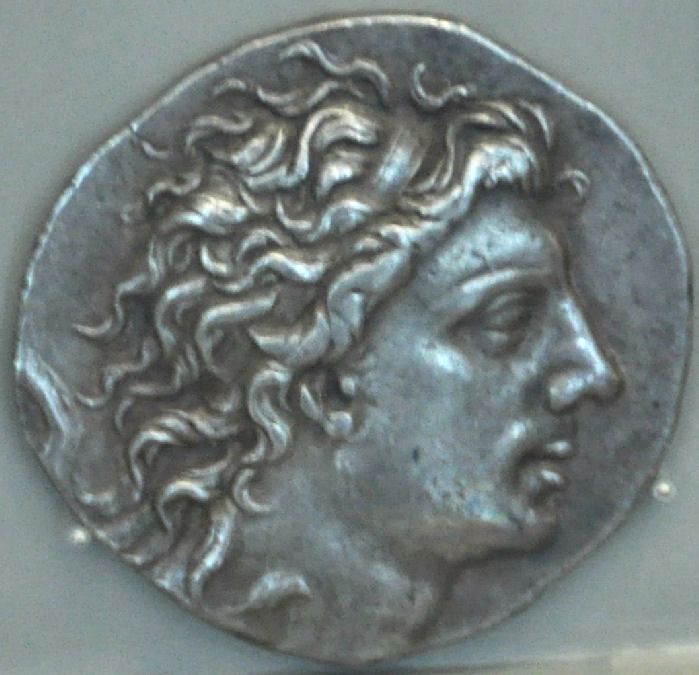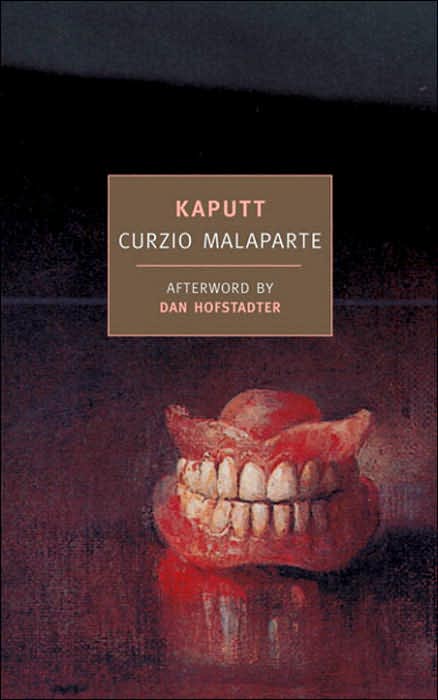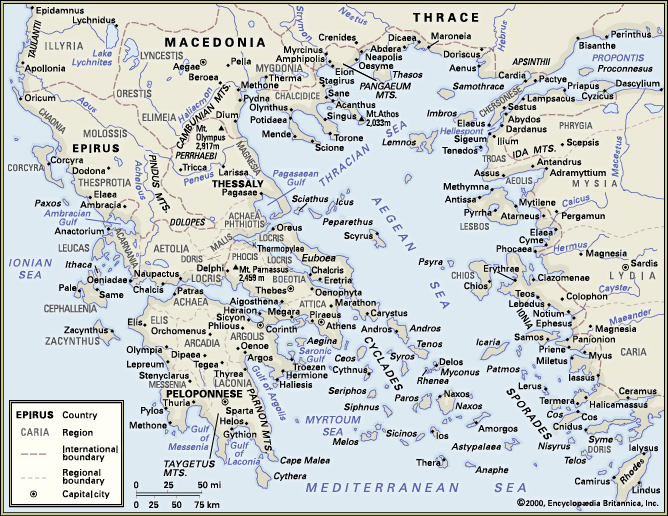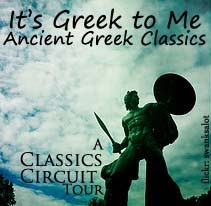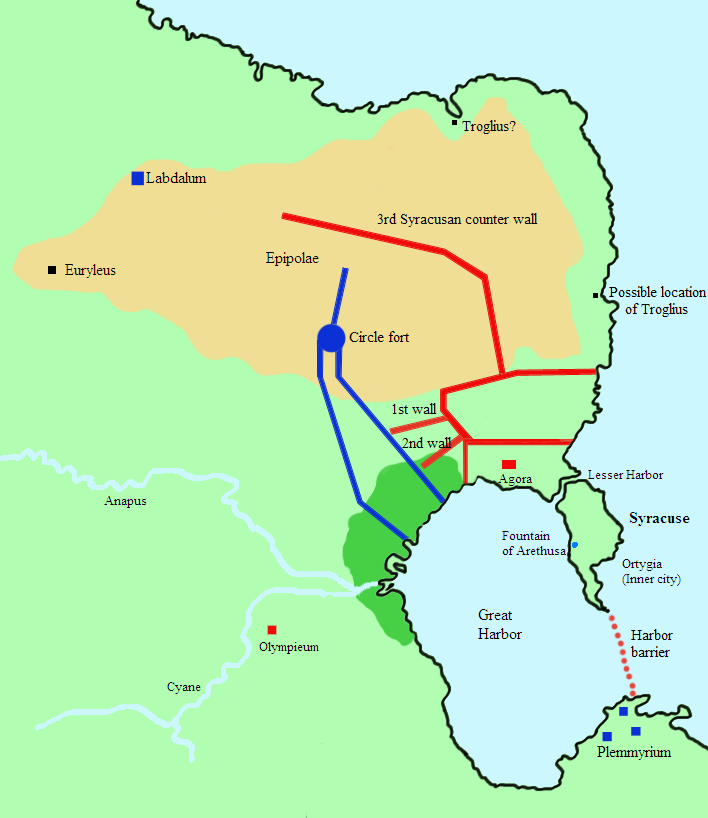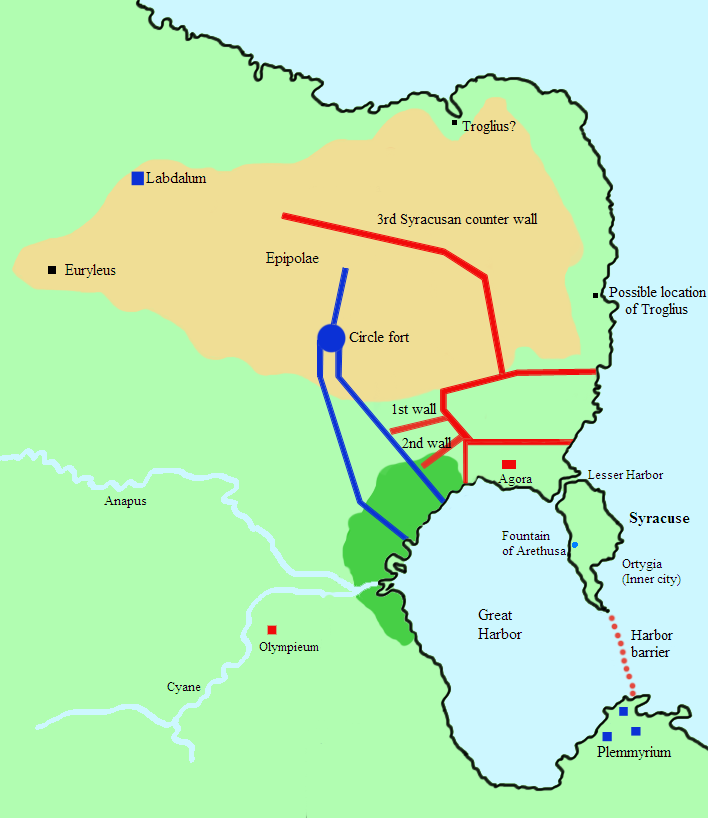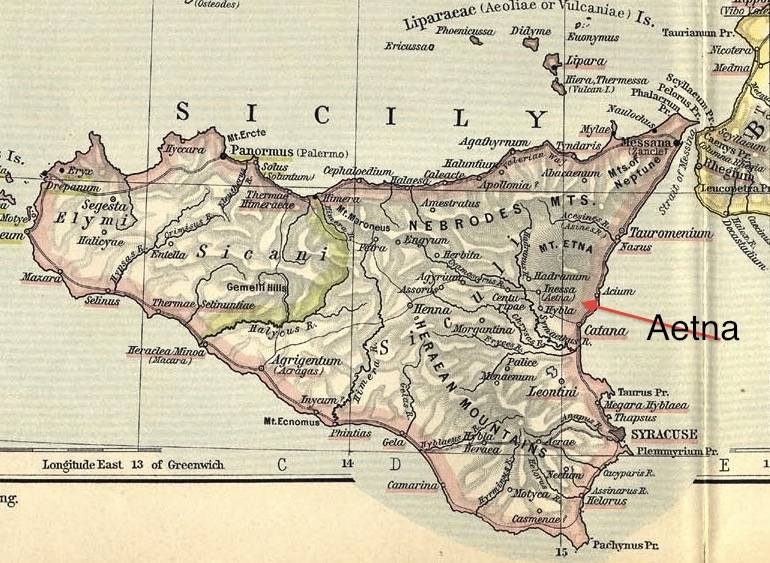Since I don’t have time to do anything else today, here is a series of links to a discussion between two of the historians that assisted with Landmark Arrian: The Campaigns of Alexander. While not intending to shill for the Landmark Series–they have the capability to do it better than I can–I am a big […]
Author: Dwight
Kaputt by Curzio Malaparte, translation by Cesare Foligno(For a note on this book as a literary work instead of a memoir, see the earlier posts on Kaputt) Frederick turned his face to me, his skin was yellow and wrinkled, his eyes were shining, humble and despairing. Suddenly I recognized his look. I recognized his look […]
Coin portraying MithradatesThe Poison King: The Life and Legend of Mithradates, Rome’s Deadliest Enemy by Adrienne Mayor For audiobooks I’ve rarely gone beyond a couple of sentences on my reviews. I’m still feeling my way out on expanding any comments for a book I’ve listened to instead of read, but I’ll give it a try […]
Kaputt by Curzio Malaparte, translation by Cesare Foligno (For a note on this book as a literary work instead of a memoir, see the earlier posts on Kaputt) When night began to rise from the sea with its large bunches of violets already damp with nocturnal dew—at night the sea puts on its windowsills large […]
(Update): None of the links appear to be working. I’ll update again if I can find copies of these posts. For anyone that followed my rambling posts on Thucydides, I wanted to point out a new blog titled StratBlog, that chronicles and supplements a seminar at Bard College. The syllabus2 looks interesting and I’ve enjoyed […]
Kaputt by Curzio Malaparte, translation by Cesare Foligno(For a note on this book as a literary work instead of a memoir, see the earlier posts on Kaputt) Suddenly a few black dots darted out of a forest in the distance, then more and still more; they moved quickly, disappeared in the bushes, turned up nearer […]
Kaputt by Curzio Malaparte, translation by Cesare Foligno(For a note on this book as a literary work instead of a memoir, see Kaputt: The Horses) Sartori stood facing the car, his face raised and wiped his sweat with a handkerchief. Suddenly the door yielded and the [train] car was opened. A throng of prisoners hurled […]
Casa Malaparte on the Isle of Capri (For more on Villa Malaparte)Kaputt by Curzio Malaparte (born Kurt Erich Suckert), translation by Cesare Foligno Kaputt reads as a World War II memoir by Curzio Malaparte, correspondent for the Italian publication Corriere della Sera. Connected to statesmen in many countries and assigned to cover the Eastern front […]
For anyone wanting to hang onto the football season for another day, here’s an old piece by Geoffrey Colvin on the cultural implications of Super Bowl III. While overstating the impact/symbolism of the game, he may not be that far off. I remember watching part of the game while playing at a friend’s house. I […]
Exiled Thucydides knewAll that a speech can sayAbout Democracy,And what dictators do,The elderly rubbish they talkTo an apathetic grave;Analysed all in his book,The enlightenment driven away,The habit-forming pain,Mismanagement and grief:We must suffer them all again. (W. H. Auden, from “September 1, 1939”) I did it. And I didn’t take an entire season to do it, […]
Map of ancient Greece But the Lacedæmonians, not only in this but in many other things, were most commodious enemies to the Athenians to war withal. For being of most different humours; the one swift, the other slow; the one adventurous, the other timorous; the Lacedæmonians gave them great advantage, especially when their greatness was […]
Welcome to those visiting from The Classics Circuit Ancient Greek Classics Tour. For the past month I’ve been reading and posting about Thucydides’ history of the Peloponnesian war. I’ll try to keep this post short but would like to take a cursory look at why anyone would want to read a 2,400 year old history […]
Map of ancient GreeceThis post looks at Chapters 63 through 88 of Book Eight, covering the war during part of the summer of 411 BC. This section covers the fall of the democracy in Athens to the Four Hundred and Alcibiades’ recall to Athens. All quotes (and spellings) come from the Thomas Hobbes translation. One […]
Map of ancient GreeceThis post looks at Chapters 30 through 63 of Book Eight, covering the war from the winter of 412/1 into the summer of 411 BC. The focus remains on the Aegean Sea and Ionia with the Atheniana attempting to quell revolts in the area at the beginning of this section. The narrative […]
Map of ancient GreeceThis post looks at Chapters 1 through 29 of Book Eight, covering the activities immediately after the defeat of Athens in Sicily at the end of summer 413 BC into the winter of 412/1 BC. The focus of the war and Thucydides’ history turns to the Aegean Sea and Ionia as many […]
The Athenians hasted to get the river Asinarus; not only because they were urged on every side by the assault of the many horsemen and other multitude, and thought to be more at ease when they were over the river, but out of weariness also and desire to drink. When they were come unto the […]
Athenian siege of Syracuse Picture source The Thracians, therefore, that came too late to go with Demosthenes, they presently sent back, as being unwilling to lay out money in such a scarcity: and gave the charge of carrying them back to Diitrephes, with command as he went along those coasts, (for his way was through […]
Athenian siege of Syracuse Picture source And the Syracusian horsemen, which were ever abroad for scouts, spurring up to the camp of the Athenians, amongst other scorns asked them, whether they came not rather to dwell in the land of another than to restore the Leontines to their own. (Book Six, Chapter 63) This post […]
I had mentioned the Walker Percy documentary, directed by Win Riley, a while back. It is now available on DVD. Ordering information, as well as access to the entire site (with a preview), can be found here. From the website: In a rare television interview in 1980, Walker Percy said his concerns as writer were […]
The same winter the Athenians, with greater forces than they had before sent out with Laches and Eurymedon, resolved to go again into Sicily; and if they could, wholly to subdue it: being for the most part ignorant both of the greatness of the island, and of the multitude of people, as well Greeks as […]
